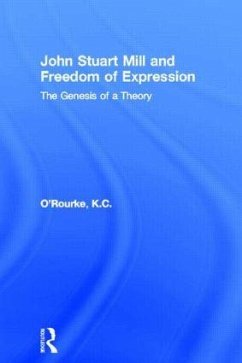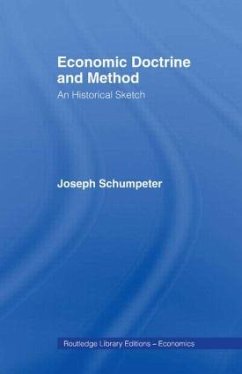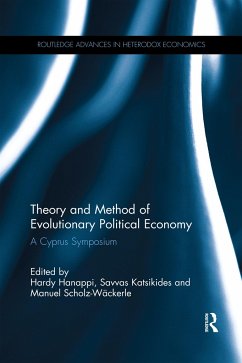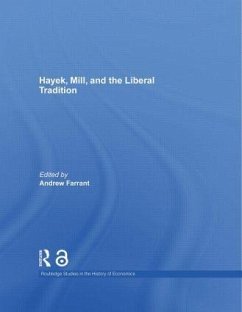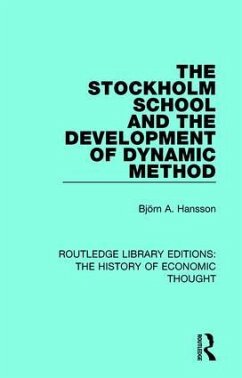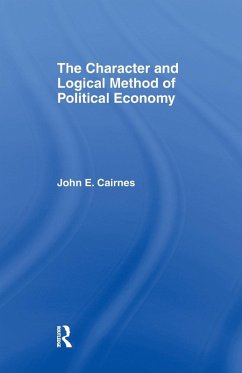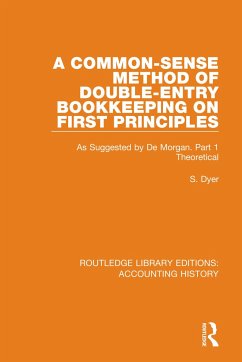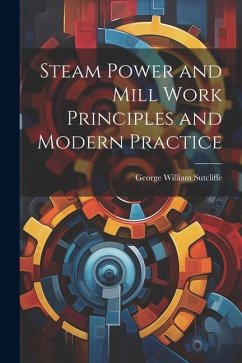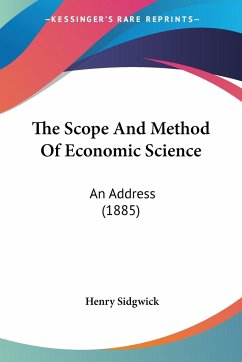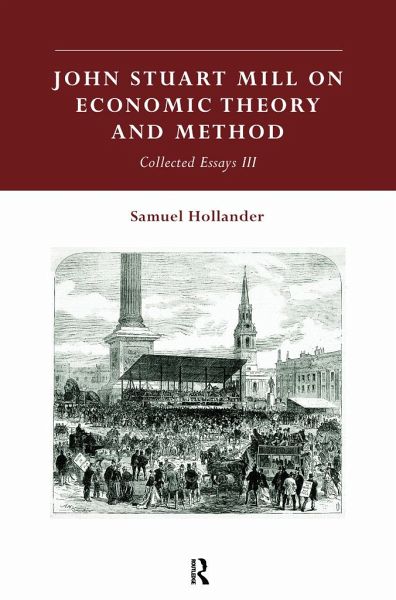
John Stuart Mill on Economic Theory and Method
Collected Essays III
Herausgeber: Hollander, Samuel

PAYBACK Punkte
15 °P sammeln!
This book, the third in the series of Samuel Hollander's essays, covers twelve key studies on the economic theory and method of John Stuart Mill. This volume provides an accessible sourcebook on Mill's relationship with David Ricardo, and the 'Classical School', as well as confirming his relevance for modern economics and for the place of economics within the social sciences.





